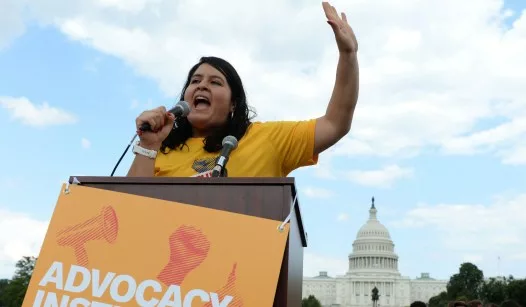In a notable legal dispute, the American Civil Liberties Union (ACLU) is attempting to block economic development funds from being allocated to the College of St. Joseph the Worker in West Virginia. The crux of the ACLU’s argument centers around the college’s religious affiliation, as it is a Catholic institution. However, the case raises significant questions about the intersection of education, religion, and state funding.
The College of St. Joseph the Worker has embarked on a mission to bolster the local workforce by offering vocational training and educational programs aimed at equipping students with practical skills. The college believes that access to these funds is crucial for expanding its capabilities and ultimately contributing to the economic growth of the region.
Supporters of the college argue that the funding should be available to all institutions that provide valuable services to the community, regardless of their religious background. They contend that the college plays a vital role in addressing workforce shortages and providing opportunities for underrepresented populations in the area.
On the other hand, the ACLU’s position is rooted in the principle of separation of church and state. The organization argues that public funds should not support religious institutions, as this could lead to the endorsement of specific religious beliefs over others. This case highlights a broader debate in the United States regarding the extent to which government funds can be used to support religiously affiliated organizations.
As the legal battle unfolds, it will be essential to consider the implications of this case not only for the College of St. Joseph the Worker but also for other religious institutions seeking state support. The outcome could set a precedent for how religious organizations engage with public funding and the extent to which they can participate in economic development initiatives.
In the coming months, stakeholders from various sectors will be closely monitoring the situation. The case underscores the ongoing tension between promoting economic development and upholding constitutional principles. As discussions continue, it remains to be seen how this legal challenge will shape the future landscape of education and funding in West Virginia and beyond.
